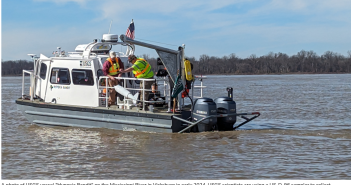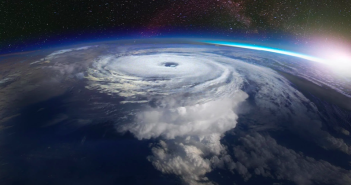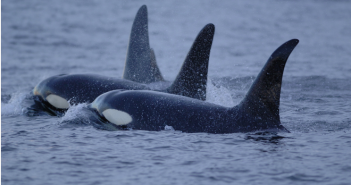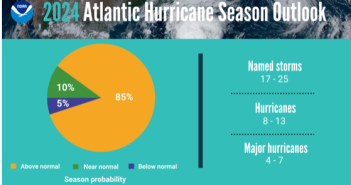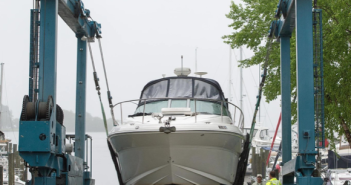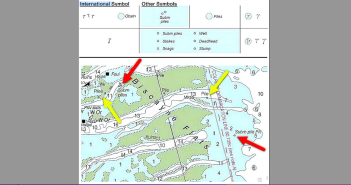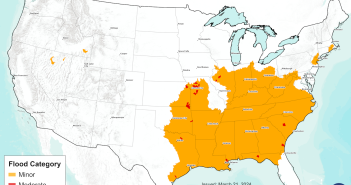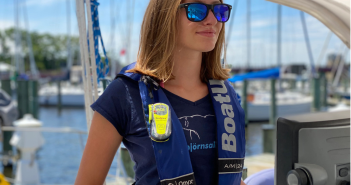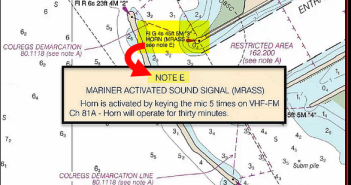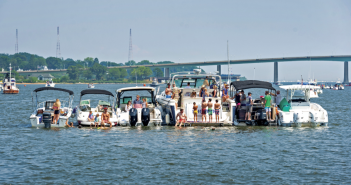
How To Be Safe on the Fourth on Your Boat
Here are some very good tips from BoatUS about how to enjoy the Fourth on your boat: ANNAPOLIS, Md., June 24, 2024 – According to the nationwide TowBoatUS on-water towing fleet, the busiest time of the year for America’s recreational boat owners is, hands down, the Fourth of July holiday period, which typically includes some days before and after the official holiday. It also may be the longest time many boaters will spend the day on the water at anchor, enjoying fireworks shows, fishing holes and raft-ups. Are they ready? The BoatUS Foundation for Boating Safety and Clean Water has…

